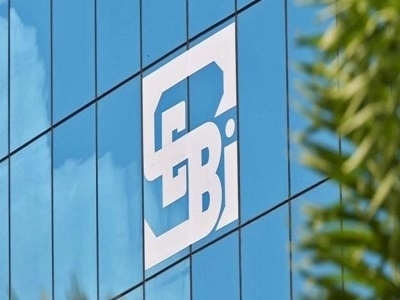Listen to this article
SEBI has allowed fund houses to launch three new categories in the passive debt space. With this, fund houses can launch three new types of passive ETFs and index funds— corporate debt, government debt and hybrid debt (mix of corporate and government fund).
Let us look at each category of passive debt funds:
Corporate debt ETF/index funds
Corporate debt ETFs or index funds will track performance of index featuring high rated corporate bond papers (credit ratings of A and above). At least 80% of the constituents of the index should be in corporate bonds having rating A and above.
The underlying index cannot invest more than 25% of the NAV in papers of a single group company, except in the case of PSUs and PSBs. Also, it cannot invest 15% of the total in single AAA company, 12.5% in single AA company and 10% in single A rated company.
G-sec ETF/Index fund
The underlying index can have exposure to government securities (G-sec), T-bills and State Development Loans (SDLs).
However, the ETFs/index funds tracking G-sec index will have to ensure that the duration of the portfolio is similar to that of the index (maximum deviation allowed is +/-10%). In case of target maturity ETFs and index funds, the permissible deviation is as follows:
a) For portfolios with > 5 year maturity: 6 months or 10% of the duration, whichever is higher
b) For portfolios with < 5 year maturity: 3 month or 10% of the duration, whichever is higher
Hybrid debt ETF/Index fund
Hybrid ETFs/index funds will track performance of index having exposure to a mix of corporate bonds and g-secs. Such an index will have to adhere to the rules for corporate debt ETFs if exposure to corporate bonds is over 80%.







